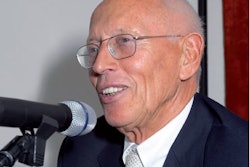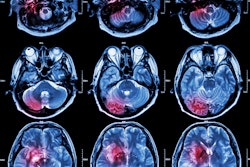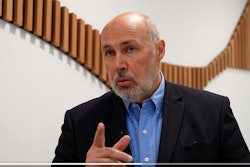Dear AuntMinnieEurope Member,
The situation is complex and varies widely across Europe, but all too often, deep mutual mistrust and suspicion have tended to dominate relations between radiology and nuclear medicine. This has had serious consequences, particularly for the growth of hybrid imaging and theranostics.
In this week's top story, Prof. Paul Parizel, PhD, calls for a dramatic change of approach and new beginnings. He emphasizes the benefits of collaboration, and he talks openly about his own experiences in Europe and in Perth, Australia.
Prof. Jaap Valk, PhD, has left a wonderful legacy – not only in the Netherlands but also in neuroradiology worldwide. His farewell service takes place in Amsterdam on 20 April, as outlined in our tribute article.
The involvement of radiographers in research is nothing new, particularly in Sweden, but it seems to be gathering pace. Researchers from Gothenburg have described their work in a presentation at ECR 2024.
A study from Finland has found that factors such as older age, male sex, cardiovascular risk level, and particular neurologic signs appear to help clinicians better determine whether patients who present to the emergency room with dizziness or vertigo may benefit from MRI -- thus reducing unnecessary exams.
U.K. investigators have used MRI to show that hearing loss may increase dementia risk in older people who are not yet cognitively impaired in ways distinct from those that tend to be associated with conditions such as Alzheimer's and cerebrovascular disease.
Philip Ward
Editor in Chief
AuntMinnieEurope.com




















